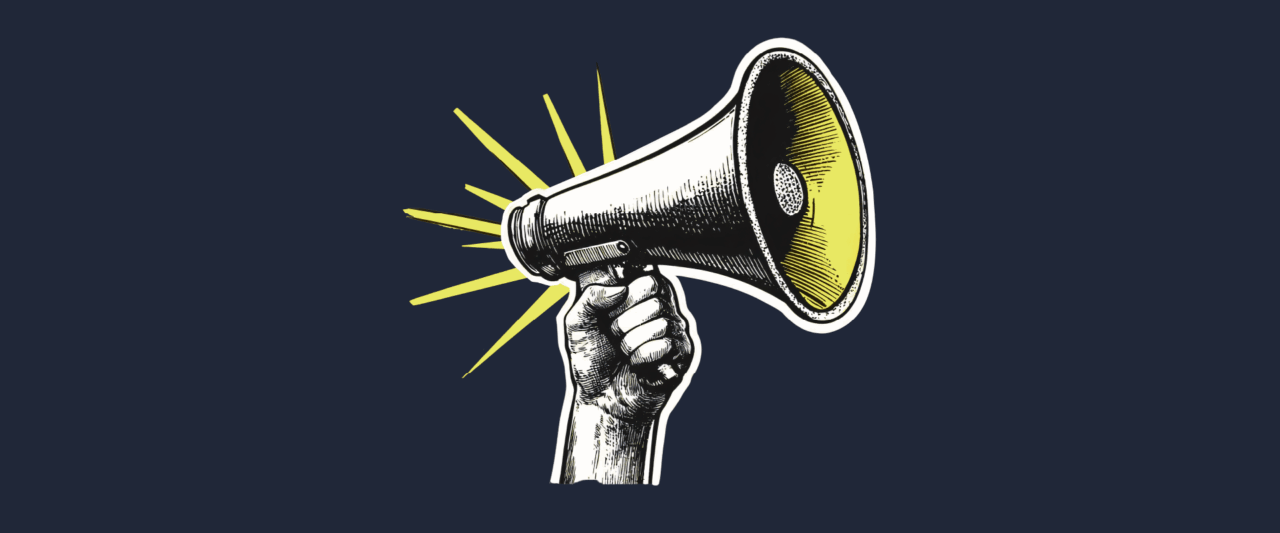You’ve probably never heard of Ludwig von Mises, an Austrian economist who immigrated to the United States in 1940 to escape the Germans in WWII. Or George Stratton, the American psychologist who pioneered studies on human perception. Or, our own Paul Lessing, founder of Lessing-Flynn 110+ years ago (and Iowa’s Godfather of Advertising).
The following is a discussion about consumer behavior that may (or may not) have actually happened when they each may (or may not) have randomly run across each other at a speakeasy in downtown Des Moines 90-ish years ago. This may (or may not) have been the most important meeting between the famous economist, the renowned psychologist and one of the ad industry’s true original mavericks.
AND, ACTION
Lessing:
Hello old friends. It’s with great honor that I share this opportunity and a cold brew with two of the finest minds in their respective fields of psychology and economics. Let’s raise a glass and toast to our common understanding of human behavior …but not too high, as we are still in prohibition and we wouldn’t want to get caught consuming a wicked concoction such as this. What have each of you been doing to further the study of man and his behavior? I am looking to leverage your wisdom.
Stratton:
Well, Paul, I’m not certain that you’ve heard of the soon-to-be famous experiment that I have been conducting to test the adaptability of the human brain. I just so happen to have brought these special goggles. If you try them on, you’ll see that the mirrors inside them invert the perspective of your view. Instead of seeing things upright, you see them completely inverted — up/down or left/right.
Lessing:
Oh, George, I don’t need special goggles to invert my perspective. Just order me one more of this fine brew and it will do the same thing, albeit only temporarily. But please, do tell more!
Stratton:
Well, for my experiment, I donned these goggles for twenty-four hours a day for the better part of a week. Imagine walking through your own house with everything inverted. It was dizzying and laborious to say the least. But by the 5th day, I was able to start getting around a bit more comfortably. And by the 8th day, it almost felt, shall I say, normal. My brain had adapted and un-inverted my perspective.
Lessing:
Oh George, un-inverted is not correct diction. But I digress.
Stratton:
Ah, Paul, you always were the wordsmith. But the point is, my research shows how the human mind adapts quickly and becomes a very efficient filter of information. I thought this may be applicable to your line of business as an advertising pitchman.
Lessing:
Yes. Yes! This will come in very handy as my analytics have shown people spend less time reading circular ads and pamphlets delivered by mail. I can only imagine how difficult it will be to capture the attention of customers bombarded by advertisements delivered by radio and other technological devices. Human minds will quickly learn to filter out ads out much like they do the Burma-Shave ads alongside the country roads today and it will be incumbent on those in my line of work to continue to effectively develop new strategies to deliver messages that are not caught in these filters. Content marketing. Influencer marketing. Experiential marketing. Even just more creative, entertaining ways of presenting a brand will be important.
Stratton:
Ah, now you have lost me. The science of advertising is far too difficult for my simple mind to grasp. But alas, it sounds as though understanding how the human brain effectively filters out common advertising will be helpful as you determine new ways to create effective marketing strategies. Ludwig? You’ve been relatively quiet? What have you to contribute?
Von Mises:
Yes, Stratton, I too am intrigued by your discovery. While yours touches on the mastery of effectively delivering a message via a medium that doesn’t get filtered by the consumer’s mind, mine touches on the importance of the message itself. Have you read my magnum opus, Human Action? It’s in all of the prestigious book shops in the East.
Lessing:
Ludwig, I’m afraid you stumped us at magnum opus. English, my friend.
Von Mises:
Haha! I’m afraid I’ve overestimated my esteemed colleagues this evening. You can read my full doctrine, but it was written in a vernacular that may be foreign to you, so I will just give you the Cliff Notes version:
- People are motivated to improve their own situation. All people act this way. The difference is in how they value things, and this is determined by their unique personal experience, knowledge and access to information.
- For a person to act, they must:
- Become dissatisfied with their current condition
- See a viable solution
- Feel they can achieve that solution.
Lessing:
Very compelling. Do let me know when you’ve released the “voicecast” because I would love to hear more. From a marketing standpoint, I see where this is highly applicable in terms of consumer behavior. Essentially, what you are saying is that we must sell the problem before we can sell the solution. If people don’t know there is a problem, they won’t seek a new product or service that will solve it for them. This, my friend, is pure genius and directly applicable to some new clients challenged with selling farm boots and lightning rods.
Well gentlemen, I must go. Thank you for your enlightening discussion. We must do this again soon. It has been far too long. I assume one of you will close out the tab. I’ll get the round next time. Be safe.
*Fade to black*
LF Newsletter Alert
Want Lessing-Flynn to rock the socks off your inbox with insights and more?




